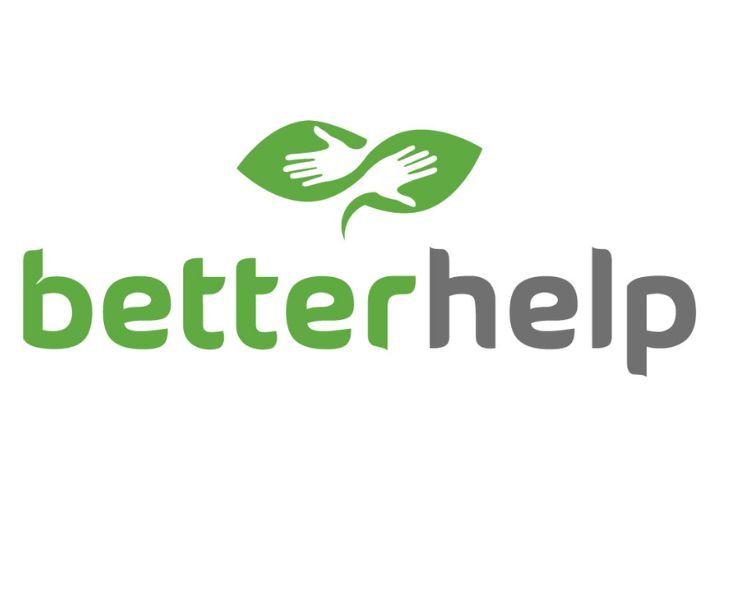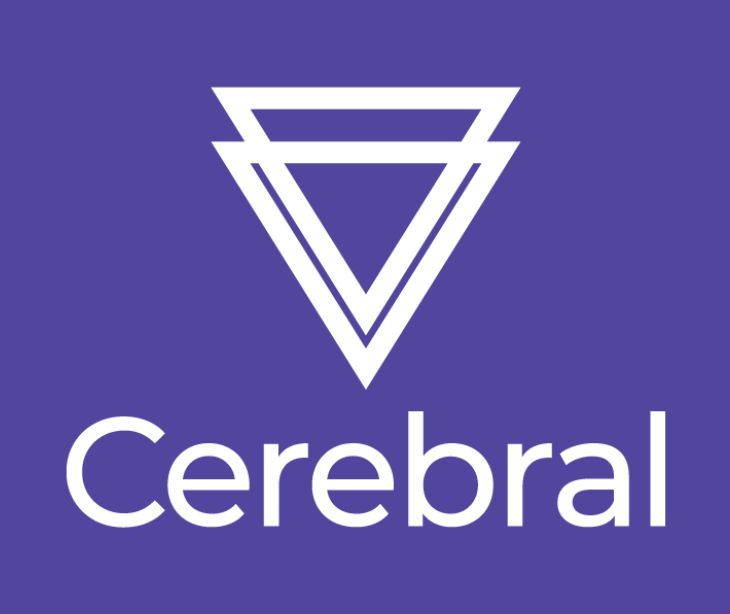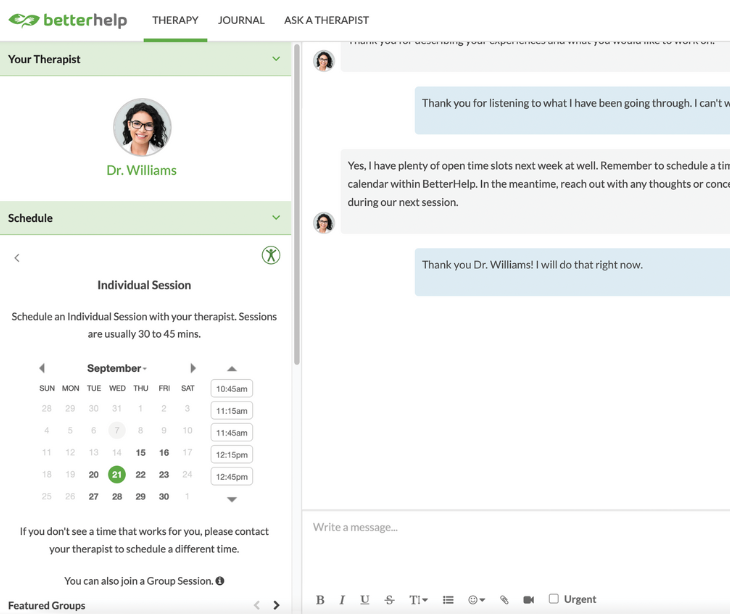
The FTC is distributing a $7.8 million settlement from BetterHelp after the company was charged with sharing users' private information without consent for advertising purposes.
What happened
BetterHelp, an online counseling service, agreed to pay $7.8 million to settle charges brought by the Federal Trade Commission (FTC). This settlement, announced in May 2024, came after the FTC accused BetterHelp of misusing users' private information.
The settlement affects users who signed up and paid for BetterHelp's services from August 1, 2017, through December 31, 2020, across its various platforms like BetterHelp, MyTherapist, Teen Counseling, Faith Counseling, Pride Counseling, iCounseling, Regain, and Terappeut. As part of the settlement, affected users are eligible for refunds and must choose their preferred payment method by June 10, 2024.
See also: Are mental health platforms like BetterHelp HIPAA compliant?
The backstory
Based on the final order, BetterHelp, under the business name Compile, Inc., and its various associated online counseling services engaged in deceptive practices on several fronts. The core issue was BetterHelp's handling of sensitive user information, which included names, addresses, email contacts, and detailed personal health information.
Despite assurances of confidentiality and data protection, BetterHelp disclosed this sensitive information to third parties for advertising and marketing purposes without obtaining explicit consent from its users. This disclosure included not just basic contact information but also deeply personal health-related details, which were used to target users with specific advertisements.
The FTC's charges against BetterHelp were centered on these deceptive practices, which violated users' privacy rights and misrepresented the company’s adherence to privacy standards. This resulted in a legal order that not only imposed a financial penalty but also required changes to BetterHelp's data handling and privacy practices to prevent future violations.
See also: BetterHelp fined $7.8M and banned from sharing sensitive data
What was said
According to a press release from the FTC, “The $7.8 million that BetterHelp is paying as part of the order will be used to provide partial refunds to consumers. In addition to the prohibition on disclosing health data for advertising, the order, among other things, also bans BetterHelp from sharing consumers’ personal information for re-targeting.”
Why it matters
Users of digital mental health services often share deeply personal information in search of help and healing. The information shared therefore becomes especially sensitive in the treatment process. The breach of trust by BetterHelp shows a vulnerability in the online mental health sector.
The reliability concerns surrounding online mental health platforms such as BetterHelp are undermining public confidence in these services. When individuals cannot trust these platforms to safeguard their privacy, it may result in a reluctance to use such services, thereby limiting access to mental health resources. This is particularly concerning at a time when digital health services are increasingly essential due to their accessibility and convenience, especially for those in remote or underserved areas.
See also: HIPAA Compliant Email: The Definitive Guide
FAQs
What is the FTC?
The FTC, or Federal Trade Commission, is a U.S. government agency tasked with protecting consumers and promoting competition by preventing anticompetitive, deceptive, and unfair business practices.
What is the FTC Act?
The FTC Act is a federal law, established in 1914, that created the FTC.
What is a deceptive practice?
A deceptive practice is a misleading or dishonest activity or statement by a business that can mislead consumers or affect consumer behavior.
Subscribe to Paubox Weekly
Every Friday we'll bring you the most important news from Paubox. Our aim is to make you smarter, faster.



